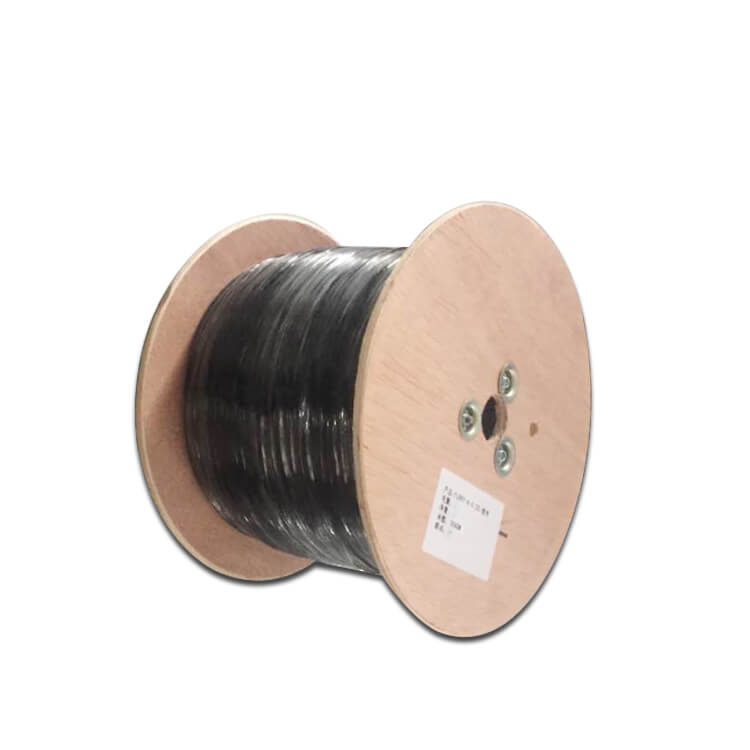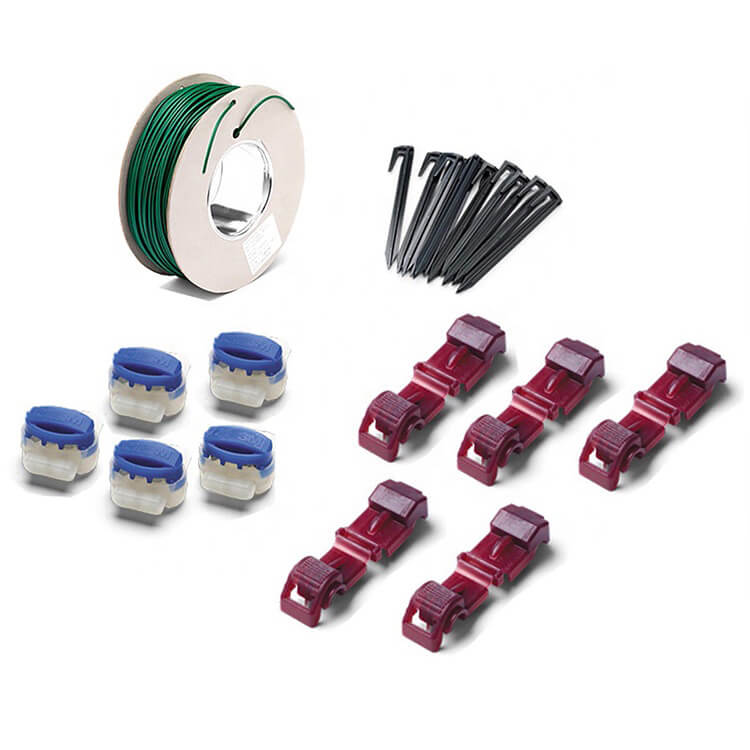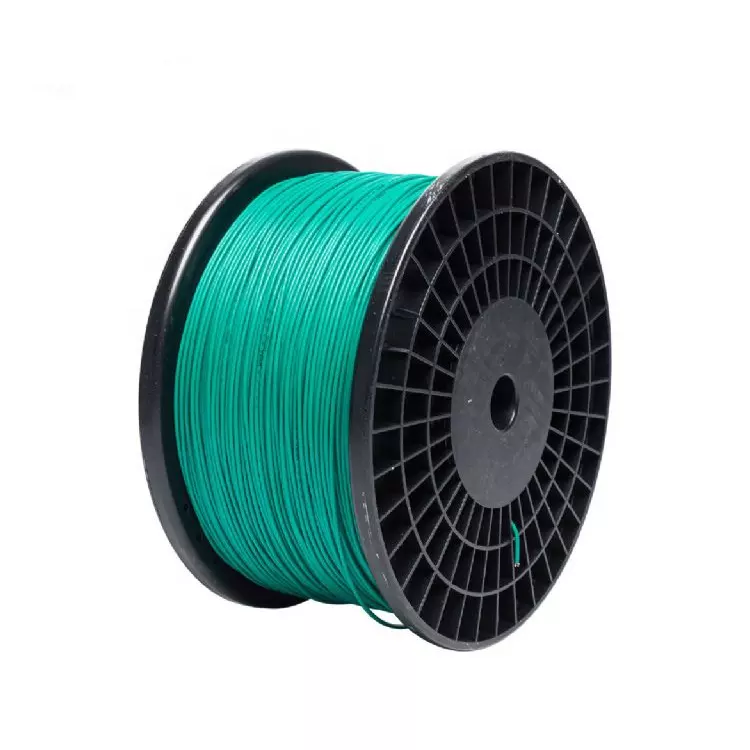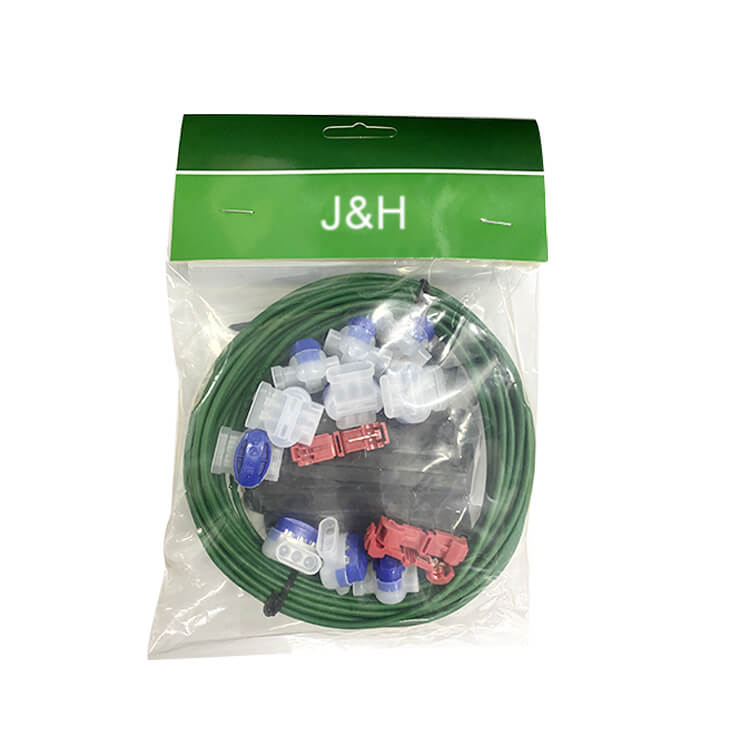Teflon Cable offer unique characteristics that make them well-suited for specific industries and applications. The distinctive properties of Teflon contribute to its widespread use in environments that demand high performance, durability, and resistance to challenging conditions. Here are some industries and applications that benefit the most from the unique characteristics of Teflon cables:
Aerospace:
Why Teflon: Teflon cables are known for their exceptional temperature resistance and resistance to chemicals. In the aerospace industry, where extreme temperatures and harsh operating conditions are common, Teflon cables are used in various applications, including aircraft wiring and communication systems.
Medical Devices:
Why Teflon: Teflon's biocompatibility, chemical resistance, and electrical insulation properties make it suitable for medical devices and equipment. Teflon cables are used in applications such as medical probes, imaging devices, and other medical instrumentation.
Military and Defense:
Why Teflon: Teflon cables are valued in military and defense applications due to their resistance to extreme temperatures, chemicals, and harsh environments. They are used in military electronics, communications systems, and aerospace components.
Chemical Processing:
Why Teflon: Teflon's chemical resistance and non-reactive nature make it ideal for use in chemical processing industries. Teflon cables are employed in chemical plants, laboratories, and other environments where exposure to corrosive substances is a concern.
Oil and Gas:
Why Teflon: Teflon cables are used in the oil and gas industry for their resistance to chemicals, high temperatures, and harsh conditions. They find applications in exploration, drilling, and production equipment where reliability and durability are crucial.
Electronics and Telecommunications:
Why Teflon: Teflon's excellent electrical insulation properties make it suitable for use in electronics and telecommunications. Teflon cables are used in high-frequency applications, telecommunications infrastructure, and electronic devices where signal integrity is critical.
Semiconductor Manufacturing:
Why Teflon: Teflon's non-contaminating properties and resistance to high temperatures are advantageous in semiconductor manufacturing. Teflon cables are used in cleanroom environments and semiconductor fabrication equipment.
Automotive:
Why Teflon: Teflon cables are used in the automotive industry for their resistance to heat, chemicals, and abrasion. They find applications in critical components such as sensors, ignition systems, and other wiring where reliability is essential.
Food and Beverage Processing:
Why Teflon: Teflon's non-stick and chemical resistance properties make it suitable for use in food and beverage processing. Teflon cables are used in equipment where contact with food products is unavoidable, and cleanliness and non-contamination are crucial.
Laboratory Equipment:
Why Teflon: Teflon's chemical resistance and non-reactive nature make it suitable for laboratory equipment. Teflon cables are used in analytical instruments, scientific devices, and research equipment.
High-Performance Motors and Robotics:
Why Teflon: Teflon cables are utilized in high-performance motors and robotics due to their resistance to high temperatures, flexibility, and durability. They are employed in applications where precise movement and reliability are critical.
In summary, industries that require materials with exceptional temperature resistance, chemical resistance, electrical insulation, and reliability often benefit from the unique characteristics of Teflon cables. Teflon's versatility and durability make it a preferred choice in applications where the standard cables may not meet the stringent requirements of challenging environments.

 ENGLISH
ENGLISH 简体中文
简体中文 GERMAN
GERMAN SPAIN
SPAIN
 +86 181-5747-1135
+86 181-5747-1135







 Abroad:+86 181 5747 1135
Abroad:+86 181 5747 1135 FAX: +86 574 8900 7636
FAX: +86 574 8900 7636 E-mail:
E-mail: 

 read the map
read the map

